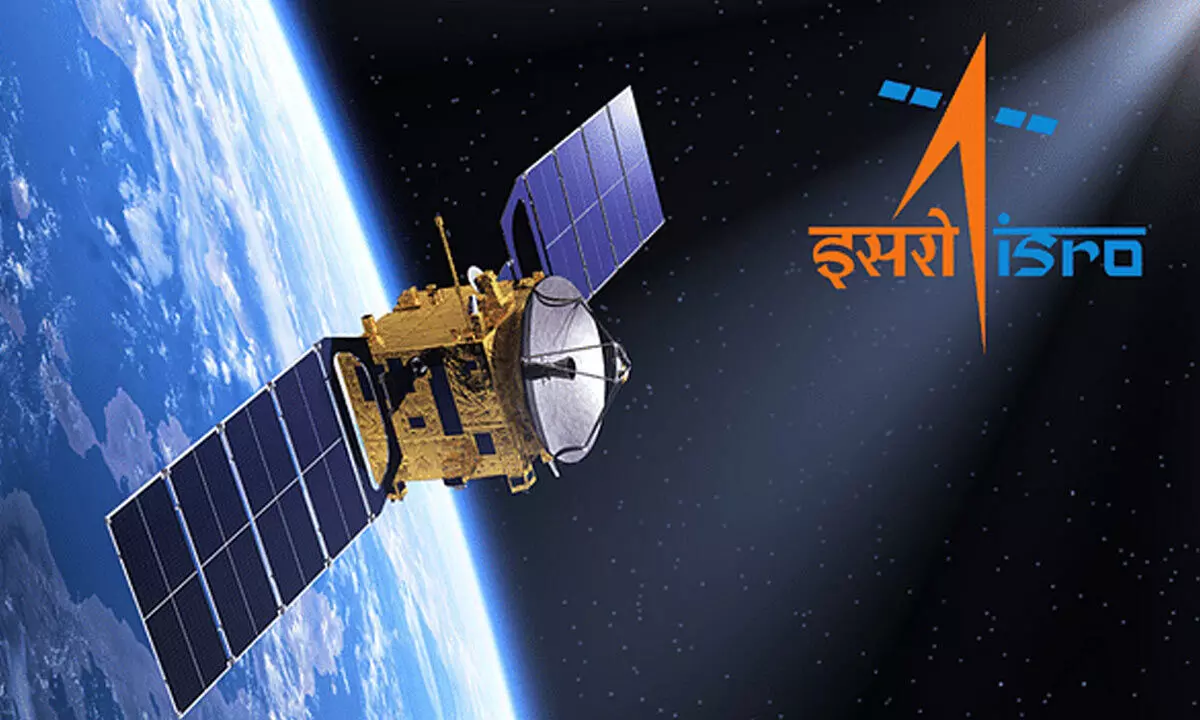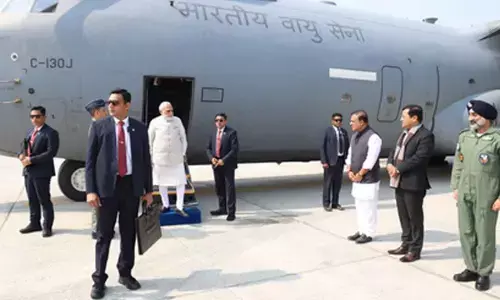Isro's Shukrayaan gets Centre’s nod

Venus mission to study planet's atmosphere
New Delhi; The Indian Space Research Organisation (ISRO) is charting a bold trajectory into the future with a series of groundbreaking missions. From exploring Venus to advancing human spaceflight, ISRO's upcoming projects showcase India's growing prowess in space exploration and technology. ISRO Director Nilesh Desai said the space organization had received Centre’s approval for the Shukrayaan mission, a Venus-orbiting satellite scheduled for launch in 2028. Equipped with advanced instruments like synthetic aperture radar and ultraviolet imaging systems, Shukrayaan will investigate Venus’s dense atmosphere, composed primarily of carbon dioxide and sulfuric acid.
One of the mission’s key objectives is to assess the planet’s geological activity, including detecting active volcanoes. Following the success of Chandrayaan 3, ISRO has proposed Chandrayaan 4, a joint lunar mission with Japan targeting the Moon's south pole. With the aim of collecting and returning lunar soil and rock samples to Earth—a first for India—the mission marks a significant leap in lunar exploration. "If we get the government's nod, we will be able to execute the mission by 2030," Desai noted, emphasizing the mission's scientific significance.
ISRO is also expanding its Mars programme, building on the achievements of the Mars Orbiter Mission (Mangalyaan). The next phase involves not just orbiting the Red Planet but also attempting a surface landing.
“As a part of the Mars mission, we will not only put a satellite in Mars orbit but also attempt to land on its surface,” Desai revealed, highlighting ISRO’s ambitions to deepen its interplanetary reach.
In the domain of human spaceflight, ISRO’s Gaganyaan programme is on track to deliver significant milestones. The first unmanned mission is slated for launch within the next two years, followed by India’s inaugural manned spaceflight.
“Gaganyaan will be launched in the next two years. It will be an unmanned flight after which we will launch a manned flight,” Desai said, underscoring ISRO’s dedication to advancing human space exploration.
ISRO is also upgrading its meteorological and oceanographic capabilities through the INSAT 4 series. The mission will incorporate new sensors and advanced satellites to improve weather forecasting and environmental monitoring. “We are having discussions on the new sensors and satellites which will be launched as a part of the INSAT 4 series,” shared Desai.
In a landmark initiative, the Indian government has approved plans for the country’s first space station. While smaller than the International Space Station (ISS), the Indian station will consist of five modules, with the first module set to launch in 2028. The full station is expected to be operational by 2035. “It will not be as big as the ISS but will have five modules,” Desai stated, adding that the initiative represents India’s long-term commitment to space exploration.








